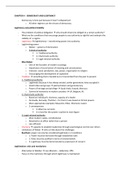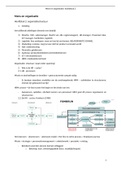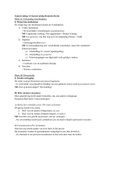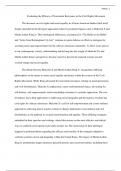Summary
Summary Heywood - Politics, chapter 4
- Course
- Institution
- Book
A detailed, in-depth summary of chapter 4 of the book Politics by Andrew Heywood. The summary includes all terms and definitions and is sufficient scope for an exam. This book is often used for first-year political science courses.
[Show more]













